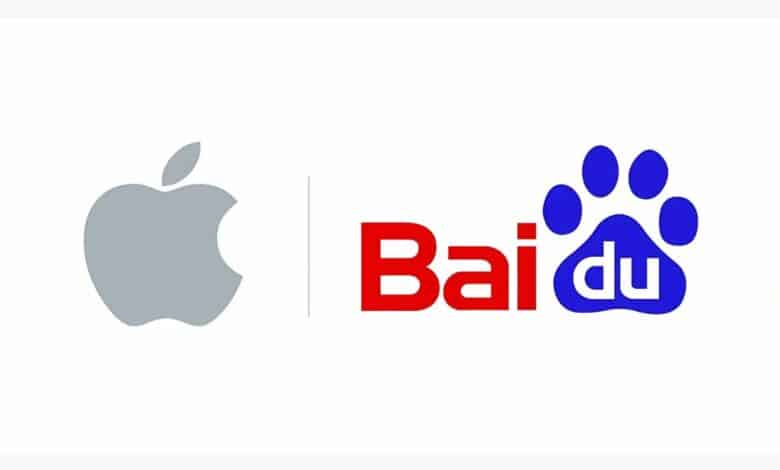Apple ambitious partnership with Baidu to launch cutting-edge artificial intelligence (AI) technologies in China is facing notable challenges, according to a recent report from The Information. The collaboration, which aims to integrate AI innovations into Apple’s ecosystem, is crucial to the company’s strategy to enhance its presence in the competitive Chinese market. However, obstacles stemming from technical limitations, data privacy concerns, and local regulatory requirements have cast uncertainty over the project’s timeline.
As Apple seeks to recover from declining iPhone sales in China due to fierce competition from domestic giants like Huawei, Xiaomi, and Vivo, the partnership with Baidu was seen as a strategic move to reinforce its foothold. Baidu, known for its advanced AI capabilities, including its large language models (LLMs) like Ernie 4.0, was chosen as Apple’s local partner to comply with China’s strict data and technology regulations. However, the collaboration has revealed significant hurdles that could delay Apple’s AI rollout, initially set for 2025.
Technical Limitations of Baidu’s AI Models
One of the central challenges lies in the performance of Baidu’s AI language models. While Baidu’s Ernie 4.0 is among the most advanced LLMs in China, it struggles to meet Apple’s stringent requirements for personalized user experiences. For instance, Apple requires AI systems to provide highly localized and context-aware recommendations, such as suggesting nearby restaurants based on users’ real-time locations and preferences. Unfortunately, Baidu’s models rely heavily on general, pre-trained datasets, limiting their ability to deliver tailored responses.
Moreover, Baidu’s proposal to enhance its AI models by retaining user data for training purposes has been met with strong resistance from Apple. With its unwavering commitment to user privacy, Apple has consistently refused to compromise its strict data protection policies, further complicating the partnership. This impasse underscores the broader challenges of balancing innovation with ethical AI practices, particularly in markets with unique regulatory landscapes like China.
Regulatory Pressures and Strategic Implications
China’s regulatory environment also plays a pivotal role in shaping the dynamics of the Apple-Baidu partnership. Local laws mandate that foreign companies collaborate with domestic firms when deploying cloud-based services or AI technologies. As a result, Apple had little choice but to partner with a Chinese company, and Baidu emerged as the most viable candidate. Nonetheless, navigating these regulatory frameworks has proven to be a delicate balancing act, as Apple seeks to align its global standards with local requirements.
The stakes are high for Apple, particularly as recent data suggests a rebound in iPhone sales in China after years of stagnation. However, the challenges facing its AI initiative could undermine this momentum. For example, during China’s recent “Singles’ Day” shopping festival, Apple experienced a notable decline in iPhone sales, attributed to the rising popularity of local competitors offering feature-rich and affordable alternatives. Without a robust AI offering to differentiate its products, Apple risks losing further ground in this critical market.
The Apple-Baidu AI partnership represents a microcosm of the broader challenges global tech companies face when expanding into highly regulated and competitive markets like China. While the collaboration has the potential to revolutionize Apple’s AI capabilities and strengthen its market position, the road ahead is fraught with complexities. From technical shortcomings in Baidu’s AI models to the fundamental clash over data privacy, the partnership’s success will depend on both companies’ ability to innovate and compromise.
As the global AI race continues to accelerate, Apple’s experience in China offers valuable lessons on the interplay between technology, regulation, and market dynamics. Whether the partnership can overcome its current hurdles remains to be seen, but one thing is clear: the outcome will have far-reaching implications for the future of AI innovation and international tech collaborations.


